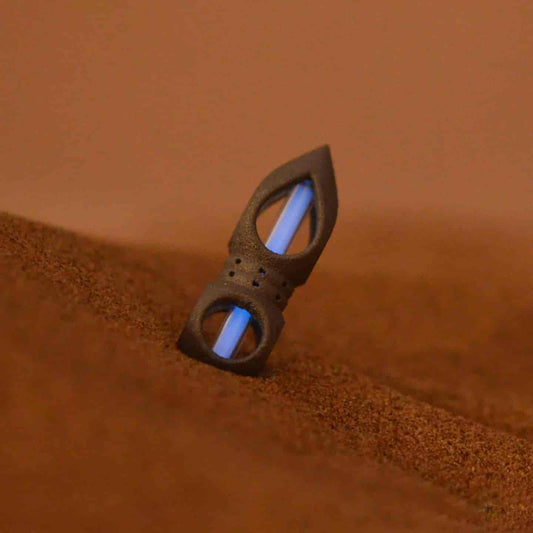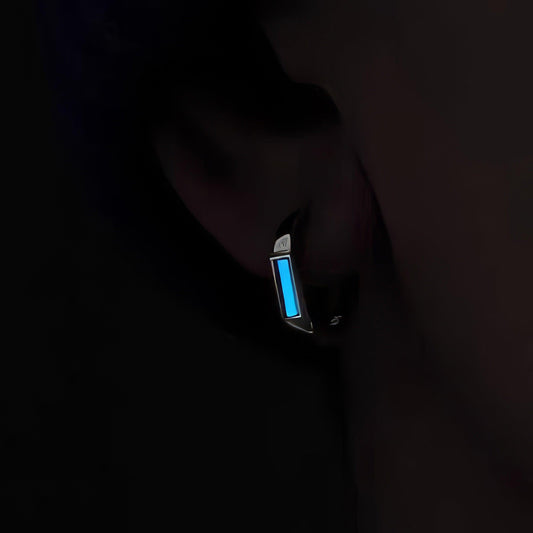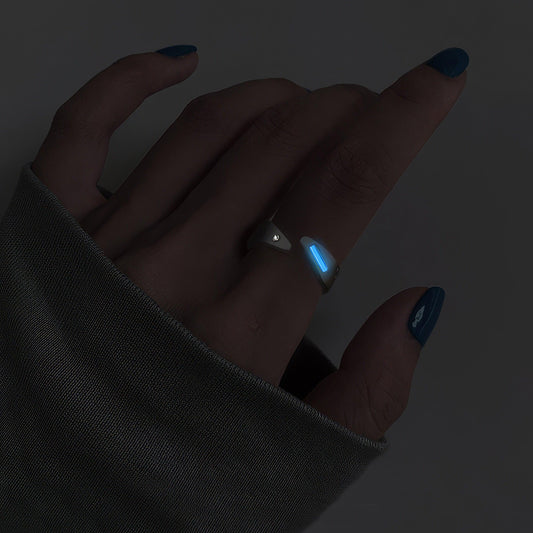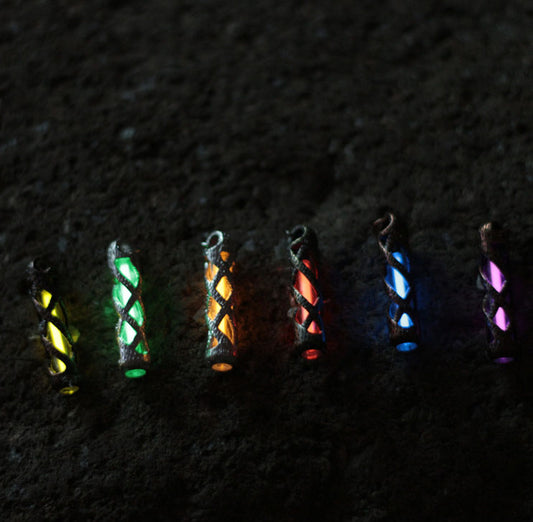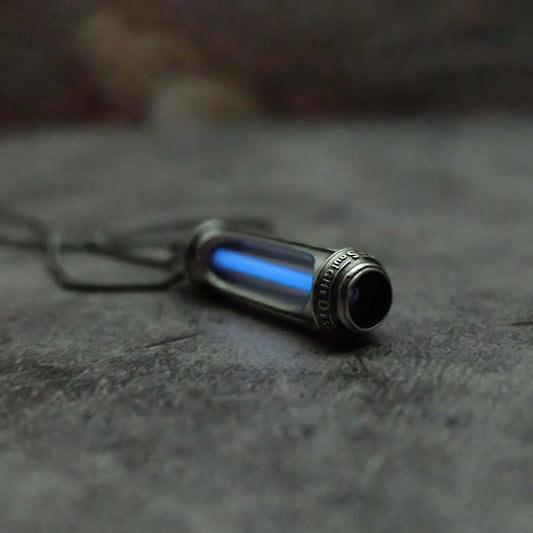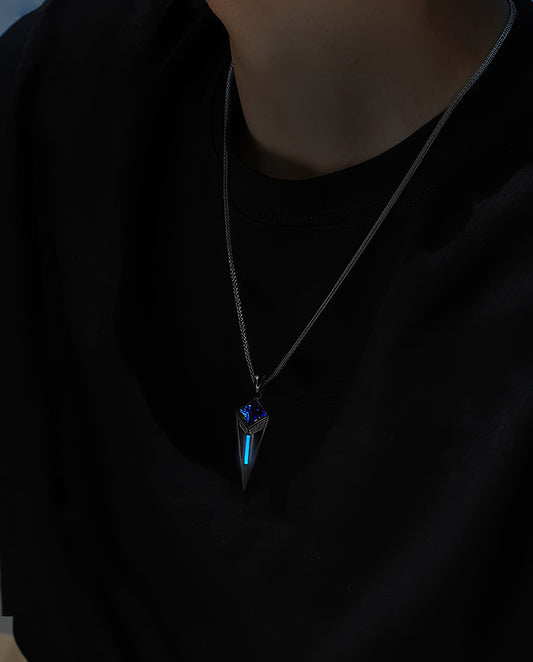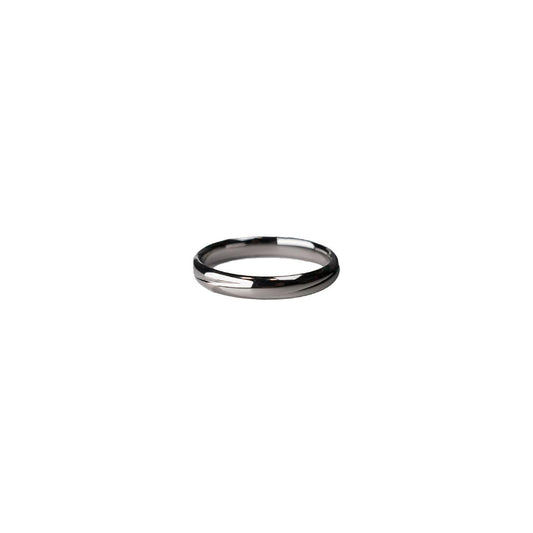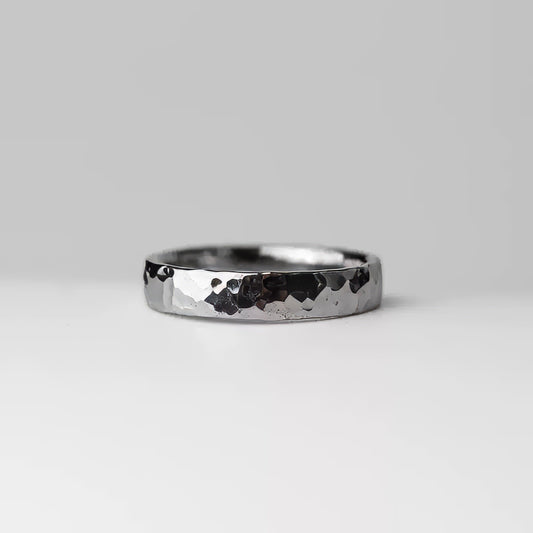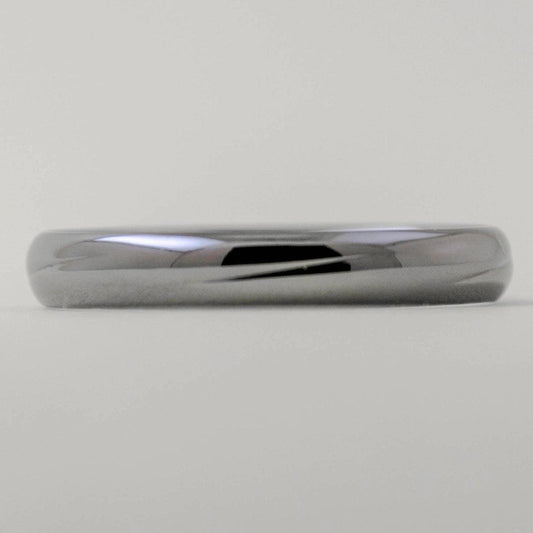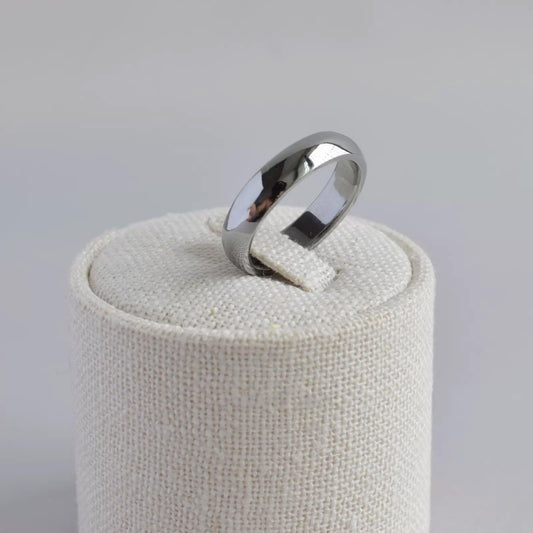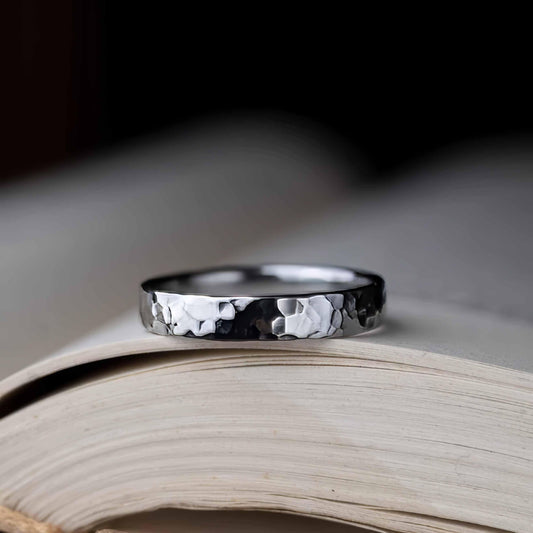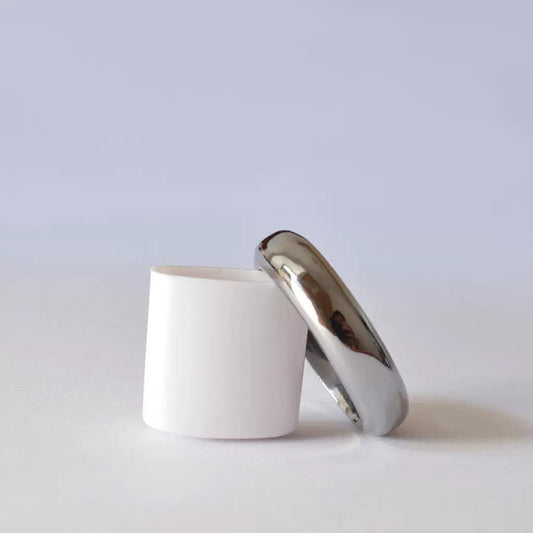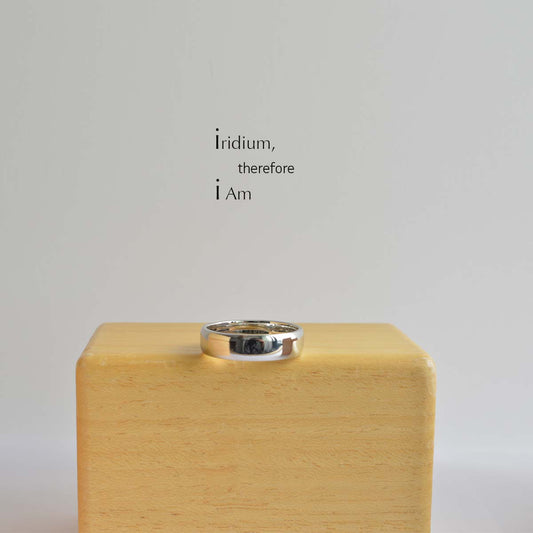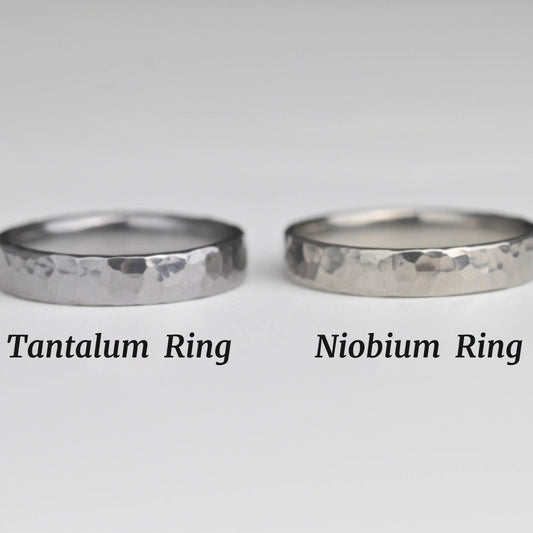Timeless Glamour Unveiling the Magic of Vintage Jewelry Designers
Timeless Glamour Unveiling the Magic of Vintage Jewelry Designers
Stepping into the world of vintage jewelry is like uncovering a treasure trove of stories—each piece whispers tales of a bygone era, crafted by hands that knew the magic of turning metal and stone into wearable art. Vintage jewelry designers weren't just artisans; they were storytellers who transformed their inspirations into tangible beauty.
Imagine holding a piece from the roaring twenties, crafted by someone like Louis Comfort Tiffany. His name might ring a bell, especially if you're a fan of those dazzling stained-glass lamps. But Tiffany's contribution to jewelry was equally vivid. Known for his fascination with the natural world, he infused his works with an amalgamation of Art Nouveau's flowing lines and the vibrant colors reminiscent of a spring garden. An opal brooch or a pair of drop earrings he designed could transport you to a world alive with color and nature's splendor. I remember the first time I stood in front of a display at an antiquarian exhibition, mesmerized by a Tiffany dragonfly brooch. The way the wings shimmered under the soft lighting made me long for those carefree summer evenings spent chasing fireflies.
The post-war era also bore witness to the rise of designers like Trifari’s Alfred Philippe, who brought a touch of European elegance to America’s burgeoning jewelry scene. Philippe, who previously worked with the high-end Cartier, introduced Hollywood glamour to everyday wear, perfect for those who wanted a slice of elegance without the Cartier price tag. His craftsmanship was often characterized by intricate settings and a penchant for mimicking the look of more expensive jewelry through innovative use of rhinestones and faux pearls. I can't help but chuckle recalling the time I stumbled upon a Trifari bracelet at an estate sale—its design was so convincingly lavish that my friend mistook it for genuine diamonds until we had a closer look.
But vintage jewelry wasn't merely about aesthetics; it was also a reflection of cultural shifts. Take the work of Art Smith, a prominent black designer of the mid-20th century. His pieces often mirrored his commitment to modernist art and African heritage, breaking away from traditional forms to create something that resonated with a burgeoning avant-garde community. Wearing his designs feels like donning a piece of wearable history—a bold, artistic statement that challenges conventions and celebrates individualism.
There's something deeply personal about buying vintage jewelry. Each piece is a gateway to another era, a conversation starter, and a reminder of the timeless nature of true craftsmanship. As I ponder my modest collection, each item carries a memory, a whimsy of the day I found it and the journey it might have taken to reach my hands. These aren't just accessories; they're little pieces of art that survived the passage of time, whispering the stories of those who once wore them. Here's hoping that they continue to do so for many more decades to come.

